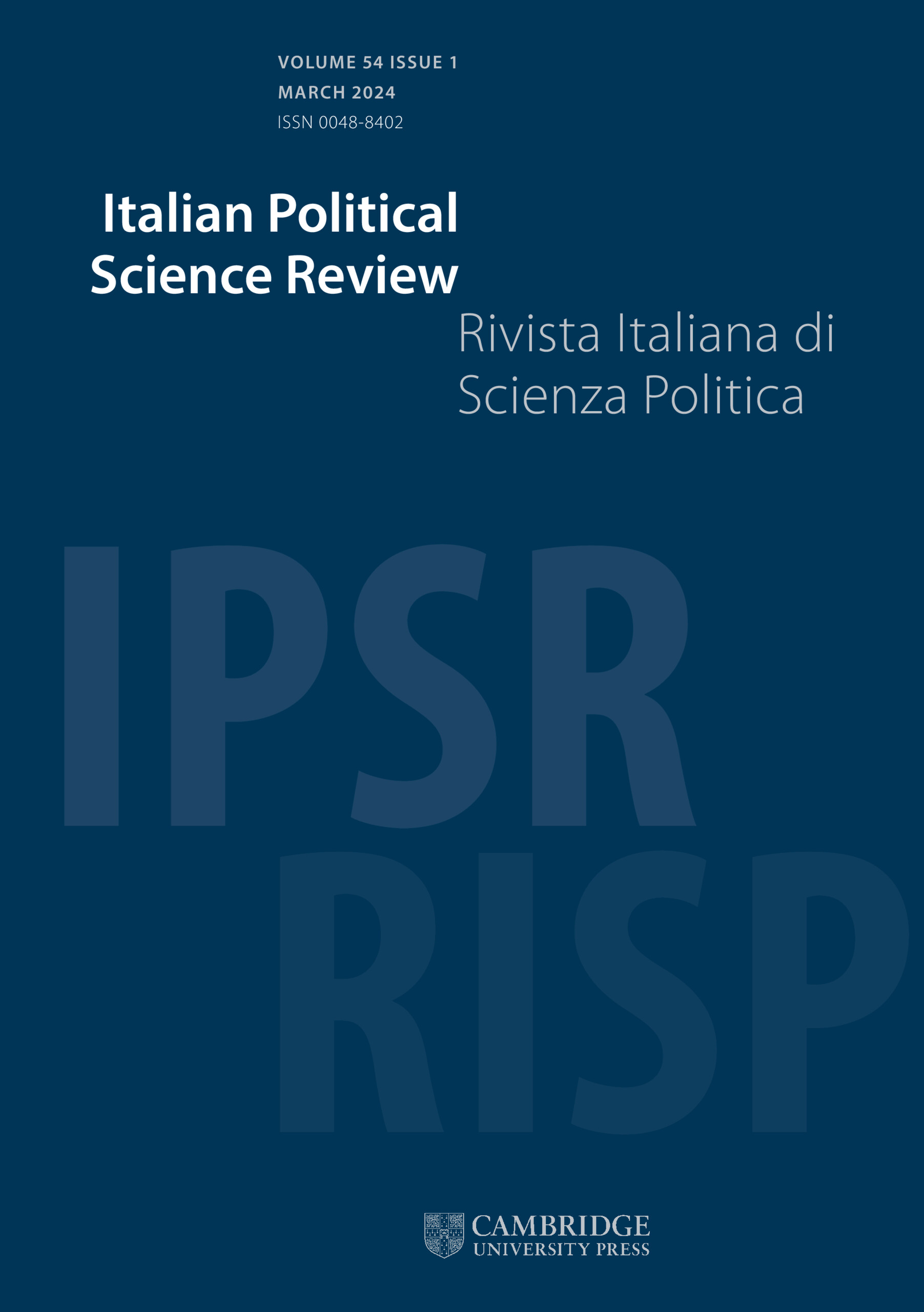 The spread of the coronavirus disease-2019 (COVID-19) pandemic in 2020 was the impetus for an exogenous shock. In addition to the disruption brought on by the spread of COVID-19, conspiracy theories flourished on many aspects of the disease. However, the association between belief in conspiracy theories and voting behaviour has not been studied sufficiently, especially in the context of the COVID-19 pandemic. This paper investigates the association between a belief in conspiracy theories and an intention to vote for populist parties (PPs). This association is analysed in a case study of Italian voters, where PPs can be found in the government and in the opposition. By conducting a cross-sectional analysis during the third wave of panel data fielded in December 2020, this article shows that individuals who have anti-vax attitudes and who also have a higher propensity to believe in conspiracy theories are more likely to vote for PPs, although it is worth considering the roles PPs play in either the government or in the opposition.
The spread of the coronavirus disease-2019 (COVID-19) pandemic in 2020 was the impetus for an exogenous shock. In addition to the disruption brought on by the spread of COVID-19, conspiracy theories flourished on many aspects of the disease. However, the association between belief in conspiracy theories and voting behaviour has not been studied sufficiently, especially in the context of the COVID-19 pandemic. This paper investigates the association between a belief in conspiracy theories and an intention to vote for populist parties (PPs). This association is analysed in a case study of Italian voters, where PPs can be found in the government and in the opposition. By conducting a cross-sectional analysis during the third wave of panel data fielded in December 2020, this article shows that individuals who have anti-vax attitudes and who also have a higher propensity to believe in conspiracy theories are more likely to vote for PPs, although it is worth considering the roles PPs play in either the government or in the opposition.
